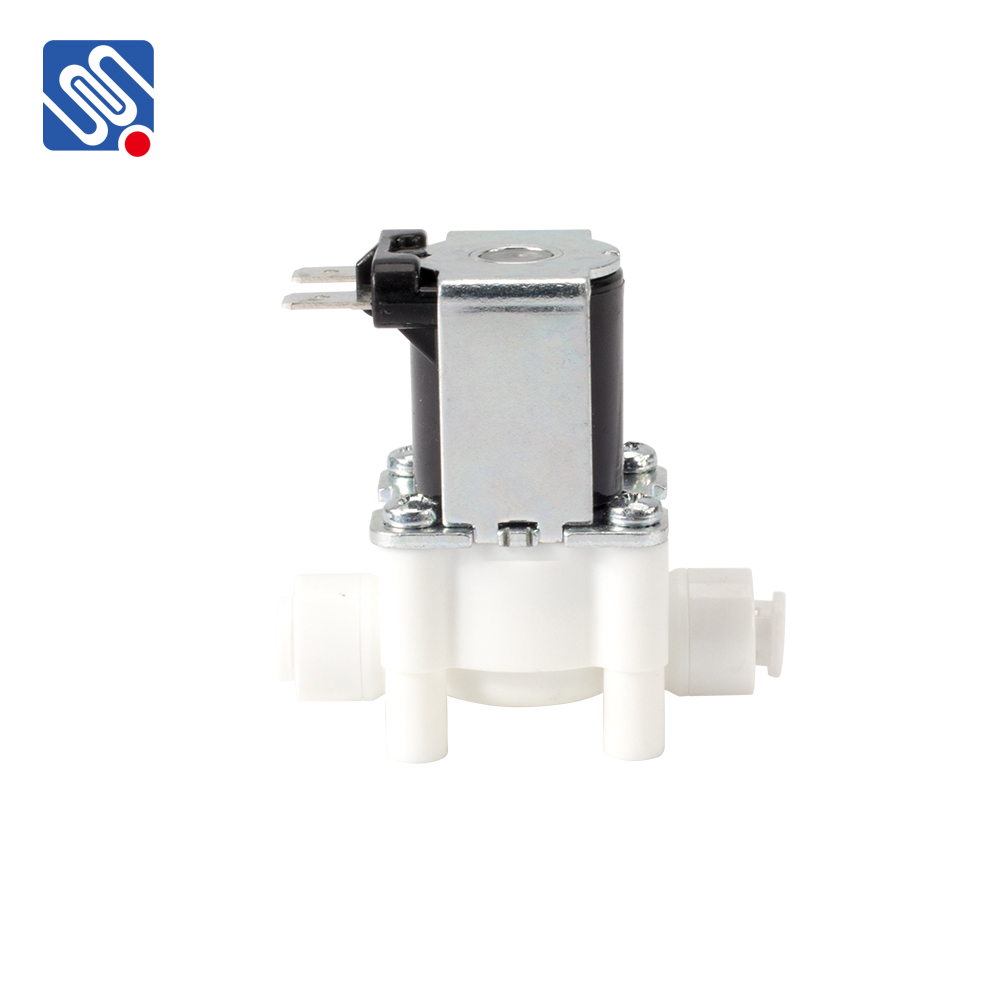Swimming pools are intricate systems requiring efficient water management to maintain clean, safe, and well-regulated water. Among the various components that ensure a swimming pool operates smoothly, the swimming pool solenoid valve plays a crucial role in controlling water flow. This electrical valve works automatically to manage various systems within the pool, such as filtration, water circulation, and heating. Understanding the function and importance of a swimming pool solenoid valve helps pool owners appreciate its value in maintaining their pool’s overall efficiency.

What is a Swimming Pool Solenoid Valve? A swimming pool solenoid valve is an electrically operated valve designed to control the flow of water in a swimming pool’s plumbing system. It utilizes a solenoid—a type of electromagnet—to open and close the valve, thus regulating the water’s path through the pool’s components. Solenoid valves are typically used for controlling automatic filtration systems, water pumps, heaters, and even water treatment processes such as chlorination or saltwater systems. The solenoid valve operates by using electrical signals to activate the valve mechanism. When the solenoid coil receives an electric current, it creates a magnetic field that either opens or closes the valve, depending on the design. This automated process eliminates the need for manual intervention, providing convenience and precision in the management of pool water flow.
Leave a Reply
You must be logged in to post a comment.